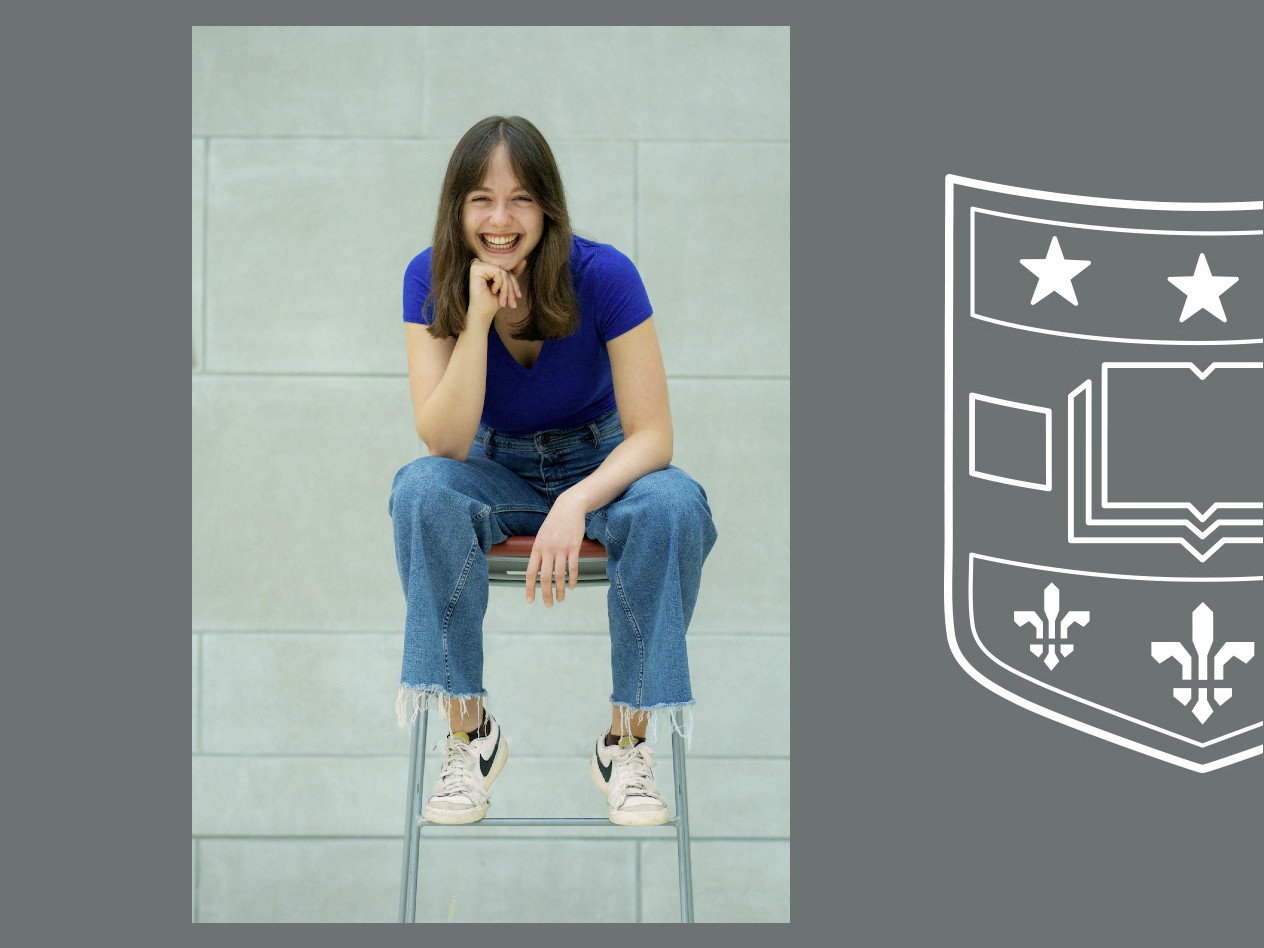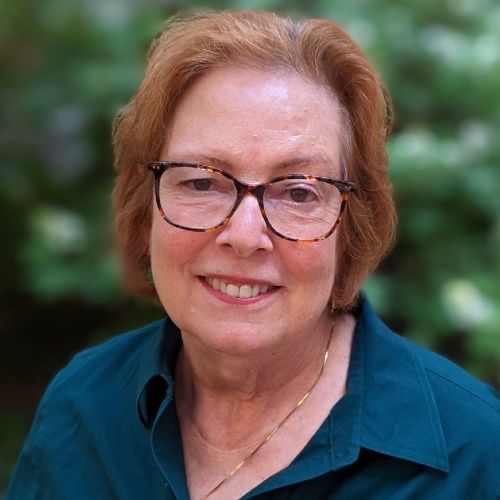Student Yoelle Gulko is creating a documentary about phone addiction and digital well-being
- September 29, 2023
- By Jill Young Miller
- 3 minute read

WashU Olin senior Yoelle Gulko has received a grant to create her documentary “Our Subscription to Addiction,” which aims to capture her experience with phone addiction and explore the emerging youth-led digital well-being movement.
Gulko, who’s studying organization and strategic management, received the grant from the Responsible Technology Youth Power Fund, supported in part by Archewell Foundation founders Prince Harry and Meghan Markle, the Duke and Duchess of Sussex. In all, the fund granted $2 million to 26 youth-led organizations.
Maxine Zhang, an Olin senior studying marketing, is on Gulko’s team, as well. The documentary, currently in production, will be about 20 minutes long. The plan is to screen the documentary in film festivals and then in US schools, Gulko said.
Yoelle, what was your addiction like?
“I recognized my addiction early on in high school when I decided to delete my Instagram and Snapchat. Yet five years later, I still felt addicted to my phone. I refreshed my Gmail like I used to my Instagram likes, and worst of all I couldn’t crawl out of the YouTube rabbit hole.
“It always started with ‘just one YouTube video,’ and then three hours would pass by and I felt stuck on the couch, drained and a shadow of myself.
“I was always and still am a happy kid, yet this was the one weight that held me back from living the life I knew I was capable of.”
What made you decide to go public?
“I tried everything to lessen my addiction. I turned my phone grayscale, turned off my notifications, deleted the YouTube app, and then relapsed looking it up on Safari. Yet no matter how hard I tried, I rarely felt I was making progress.
“This was a part of me that brought me so much guilt and shame because I knew it wasn’t really me, it was my addiction.
“I spent so many years blaming myself until I watched Netflix’s ‘The Social Dilemma’ and learned that our phones are psychologically designed to be addictive. And even though I knew why I was addicted, I didn’t know how to stop.
“I needed to share this story in my most natural form of self-expression: filmmaking. I realized by going public with my story it would no longer have the power to control me and I could find my voice in my newly discovered digital well-being movement.”
How would you describe the movement?
“The youth-led digital well-being movement is an incredible coalition of sharp, passionate and inspiring young people who are fed up with the monetization of our attention for profit.
“They’ve converted past pain into a passion to fuel diverse, coordinated initiatives for change—including social media detoxes in schools, lobbying for tech regulation legislation and using storytelling to transform the narrative.
“As I became more involved in this community, I discovered how committed they are to working together and helping one another succeed.
“This community is a unique and important case in which adults invest in young people and give them a seat at the table to make impactful change. I am extremely grateful to the fund for empowering me with the resources to capture the inspiring movement from the inside and give young people a lens for hope.”
Media inquiries
For assistance with media inquiries and to find faculty experts, please contact Washington University Marketing & Communications.
Monday–Friday, 8:30 to 5 p.m.
Sara Savat
Senior News Director, Business and Social Sciences
